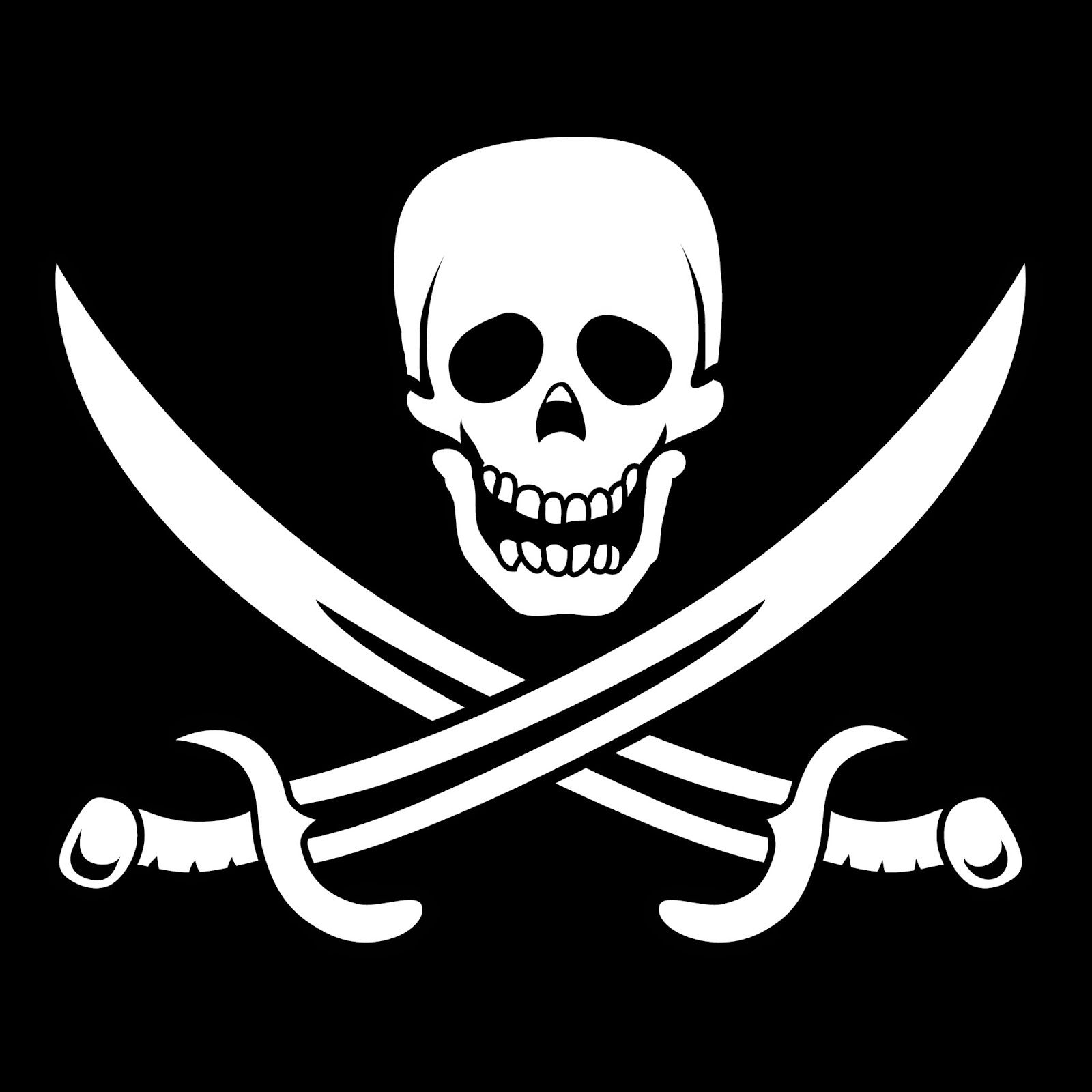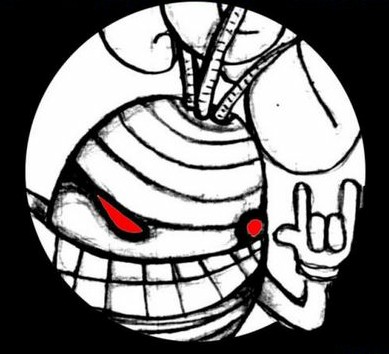I understand that sharing video, photos, documents etc. is relatively safe because the data is not executed in the processor as instructions. How come people are willing to download and install pirated software though? How can one be confident that it does not contain malicious addons? Are people just don’t know the risks? Or are there protection mechanisms that I am missing? I mean since the software is usually cracked there is not much use in comparing checksums with the originals, is it?
How come people are willing to download and install pirated software though?
You can just remove “priated” from that statement and come to the same conclusions. Considering the amount of bugs, backdoors and 0-day exploits distributed via official software I sometimes wonder why people execute proprietary, closed source programs at all.
An no, “reputable” companies mean nothing, just look at Microsoft clowning around with their signing keys.
Worth noting that paying for a license for software doesn’t stop it being spying malware either. In fact the pirate versions often take out the spying and the reporting-to-homebase that proprietary software does.
The photoshop that phones home to check a license is arguably more malicious than the pirate version that has been cracked so it doesn’t do that.
Good and valid point. I use opensource software wherever I can.
Though paid software is not going to encrypt your data for ransom or use a keylogger to steal bitcoin (yet).
There was an antivirus that was caught running a bitcoin miner in the background tbf. If memory serves it was Norton?
It was opt-in, and I think to make your subscription cheaper. Then again, Norton sucks!
atleast they admitted it, still don’t trust mcafee though…
Long story short.
- Be prepared for disaster.
- Scan it. Sandbox it if concerned.
- Firewall inspect/block/allow every outbound comm.
- Get it from a trusted source.
Basically the same stuff you should be doing with all software.
Edit for firewall clarification.
Is it smart to test if it is malicious in a vm first?
I don’t.
But I take many precautions.
I’ve been pirating software since the C64. About 40 years. Never stopped. Never will.
I buy the good software I encounter. As a developer, i know it’s important to keep funding further development. Unfortunately most is overpriced garbage.
I’m pretty new and extremely cautious with pirated software, i still need to find the precautions i have to take, luckily pirating games is much safer and easier than pirating software
Could you elaborate how pirating games is “safer” than pirating software? Both are executables that could run whatever code they wish on your system, and since pirated games are so desirable, in my experience they are far more often spread around bundled with malware than software is. Oftentimes, you’ll find people take legitimate repacks, add malware, then share the repack under the same repackers name.
I think their idea is that if you know a specific repacker like an athletic woman, compared to downloading softwares that could be uploaded by any elitists trying to fuck with you.
In practice both are the same, but the reputation of the athletic woman makes her more trustworthy.
However outside of that specific repacker I actually agree with you, it’s exactly the same lol.
Interesting. If there are reputable packers / crackers, why do they not uses GPG to sign the software? That way, no one can manipulate and reupload the software.
Many do provide some form of checksum.
It feels safer as there are a few sites with a good reputation which is just easier to find which makes me feel safer. Idk if it is really safer than with software.
What software do you recommending for scanning? Microsoft defender?
I don’t really use Windows except for playing games, so someone else may have a better answer.
For me, I want 3 types of protection, priority order.
-
Rootkit and ransomware protection. Lock down and protect system files.
-
Firewall. Stop software from calling home (and possibly invalidating my forged license) and to stop malware from reaching out to command and control systems.
-
Malware scanning and suspect execution detection. Most antivirus software detections will be in only one of a couple categories: keygen, generic trojan, or obfuscated executable. If I encounter this, I go to VirusTotal.com and drop the offending file(s) for it to scan. If I’m still concerned I will use an online sandbox execution recorder that tells you what the exe does such as outbound comms, file modifications, registry read/writes, etc.
Windows Defender accomplishes these requirements. Although it is a bit clunky and other mainstream antivirus (paid or free) accomplish the same in a much cleaner interface.
I cannot stress enough the importance of downloading pirated software from a trusted source.
We are seeing on our corporate network lots of browser hikackers that connect to c&c and are used in botnet DDOS as a service. Once you install x software it sets up a persistent service that keeps modding chrome.exe etc
Firewalling the .exe that you installed does nothing to stop the calls to c&c
Fair point. Malware can tunnel through existing comms, thus firewalling the exe would do little to protect you.
That’s why I recommended a multilayered defense and practicing good opsec.
An exe that installs a service, modifies unrelated executables, and sends comms through an unrelated application would be a catastrophic failure in any good defense.
If your system is this wide open then you’ll be likely to have all sorts of problems from non pirated software. Such as freeware that installs adware.
I have tried to find these in the wild to no avail.
Unfortunately the machines that get infected are not fully controlled by us but they get networking and internet from us (space rental in the building), so we isolate them as much as possible and we black hole all the bad traffic on the router level.
Our machines all have EDR and strict security policies. Not much gets past that.
Right on. Gotcha.
-
It’s partly an honor system but also, anyone distributing malicious cracks are quickly called out whether its on public tracker comments like PirateBay or removed from private trackers.
Distributors of GOOD and CLEAN cracks often earn good rep in the community too, like Monkrus which I’ve had no issue with before.
Also, in my experience, installing a malware-packaged adobe app isn’t actually all that bad if you run a malware scan immediately afterwards. With the scale and breadth of software piracy there isn’t much money in making advanced malwares beyond bundling an existing one into an installer. I don’t recommend it, but it’s still easier and cheaper than paying Adobe!
TLDR the community polices itself pretty well considering.
Also, I would consider some legitimate licenced software more of a malware than a cracked one. If your software forces always-online license, comes with annoying startup processes, nagging ad screens, etc, it’s malware. And if there’s a cracked version without those things, I’ll take the cracked version any day.
I agree with the sentiment, but coin miners and ransomware are of course a lot more obtrusive to the average user’s experience than the malware you’d associate with most proprietary licensed software. I can see why people are less willing to risk it.
I agree with what you said, but how do I make sure that the cracked software is not further altered by other people and uploaded. Do you just select the torrent with the most peers? Is that enough? When using one-click-hosters it is even harder…
No. It isn’t about the torrent with most peers. It is about the source and the uploader. As someone has already mentioned it, it is about the Reputation!
Sorry, I am not very familiar with torrents. How can I verify that a torrent comes from a certain person? Everyone can make modified copies of the original data and uploadtorrentss that look alike. How can I avoid those?
It’s hard! A lot of it is, like I said, reputation. Sources of safe pirated and cracked software are maintained mainly through word-of-mouth - The crappier and dodgy sources will always invest into SEO to get to the top of the results, and are more likely to avoid legal trouble as companies appreciate that malware-infested installers actually help discourage new pirates.
Also, there’s generally little incentive to go beyond the basic modifications. Most online scams, even outside malware, cast the net as wide as possible and even go out of their way to avoid complexity. They get the most money out of scamming new and uneducated users who pay up quickly. The same logic means they want advanced users to know it’s a scam to avoid wasting time on targets who won’t bother paying anyway.
I bet there are exceptions to this rule, but since scamming and malware are such low-profit ventures there’s a lot of incentive on quantity over quality.
I trust pirates more than billion or trillion dollar companies. Also, aggressive DRM such as iLok is worse than malware, so eh.
Fuck iLok. Shit made me regret buying plugins, should have stuck with piracy.
If i were to pay for an AutoCAD license , it would be over 200$ A MONTH
What kind of cheap-ass, stripped down AutoDesk suite are you getting for $200/mo. Last I checked, the architectural suite was north of $4500/yr.
I just use paint
Technically you can do all the same things with paint and a LOT of patience.
That’s why I’m learning Blender, I think I’ll be able to carry on without Maya.
Adobe isn’t pretty but Autodesk is a scourge
deleted by creator
I Love blender. I am also learning it but more because it works on linux unlike AutoCAD
Blender is fully capable these days, have fun!
If you get the software from reliable source, it is almost certain it does not have malware.
The piracy is an organized activity and people at higher rank nuke the release if it has malware.
Read more here https://opentrackers.org/i/2600_Guide_to_Internet_Piracy-TYDJ.txt
This. It feels more likely to get malware-infested downloads from no-name warez websites than trusted trackers.
really theres little reason to even use non-foss paid software…
Exactly. Piracy extends the commercial ecosystem. Every software pirate is a potential user and contributor of FOSS projects who is instead spending their time and talents working on/with commercial offerings.
To a distributor of commercial software, a pirate user is preferable to a user of a competing product. The competing user is already locked into the competition’s product line; the pirate is expanding your own product line’s market share.
Below the competing user is the FOSS user: it is much easier to monetize a pirate user who likes the system enough to steal it, or a competing user who has demonstrated they are willing to throw money at their problems. FOSS users aren’t willing to tolerate all the artificial limitations imposed on the product to increase profitability.
I have no moral or ethical qualms with piracy as a general concept, but software piracy inherently promotes commercial alternatives at the expense of FOSS products. The only software I have pirated in decades has been rare, niche software for very specific uses.
hit the nail on the head.
I wish that was true
There a reason if the alternative doesn’t exist or isnt good enough.
Unfortunalty most professional Autodesk software have no viable FOSS alternative (except Blender)
whats wrong w blender ?
I meant only blender is a solid contender to 3dsmax or Maya. Other Autodesk products like autocat. Civil 3d. And Revit don’t have any solid Open source alternative.
I sorta agree with @darcy. The quality of FOSS (nowadays) is pretty damn good. If I need something I look at FOSS first, dig in github, and then finally look around for a paid program.
Edit to say “paid” program.
Based
You’re thinking too technical about this. This is a money thing. Personally speaking pirated software/games were chicken soup for my poverty ridden childhood.
deleted by creator
If you get the crack from a reputable source, you can trust it will be safe. A low seed torrent from a shady place (like The Pirate Bay) is probably a virus. High seed torrent from another source like 1337x or something with more active moderation is generally safe.
If you want to be extra sure, spin up a VM and install the crack there and check it out before doing it on your real machine.
It’s one of those high-risk, high-returns case scenarios. You gamble. If you succeed, you will be saving some buck. Some software licences can be very, very expensive.
There is no way of knowing the answer to your questions. You just use your intuition and take a leap of faith.
Some software licences can be very, very expensive.
When I was in art school in the early 2000’s, I worked with computer controlled weaving looms. The program for drafting patterns and running the AVL Compu Dobby on the loom was free to download. In order to use it, though, you had to have a $3000 usb key.
same I attribute some of my success to the fact that our computer lab teacher provided cracked versions of adobe and 3dsmax. Well over 10K in software and this is in the 90’s
That must hurt
The part that hurt was the ancient Mac II that ran the loom. When I encountered the Y2K bug on it, some upperclassmen said, “Oh we’ve just been turning the clock back a year.” Turned it back as far as it would go…1969
You severely underestimate the power of free stuff
Make a dedicated user on your machine for pirated software. Never give that user root. Should contain it.
Will not
Wouldn’t most sw need admin to insgall anyways? How would that help prevent embedded malware?
Or a vm
Well actually some pirated software usually works better than their retail version. https://yewtu.be/watch?v=DEP_7_gx6M8 https://community.adobe.com/t5/photoshop-ecosystem-discussions/pirate-verison-is-better/m-p/12557832 https://community.adobe.com/t5/photoshop-ecosystem-discussions/rant-i-hate-it-that-pirated-version-works-better-and-smoother-than-the-one-i-am-paying-for/td-p/12934822














